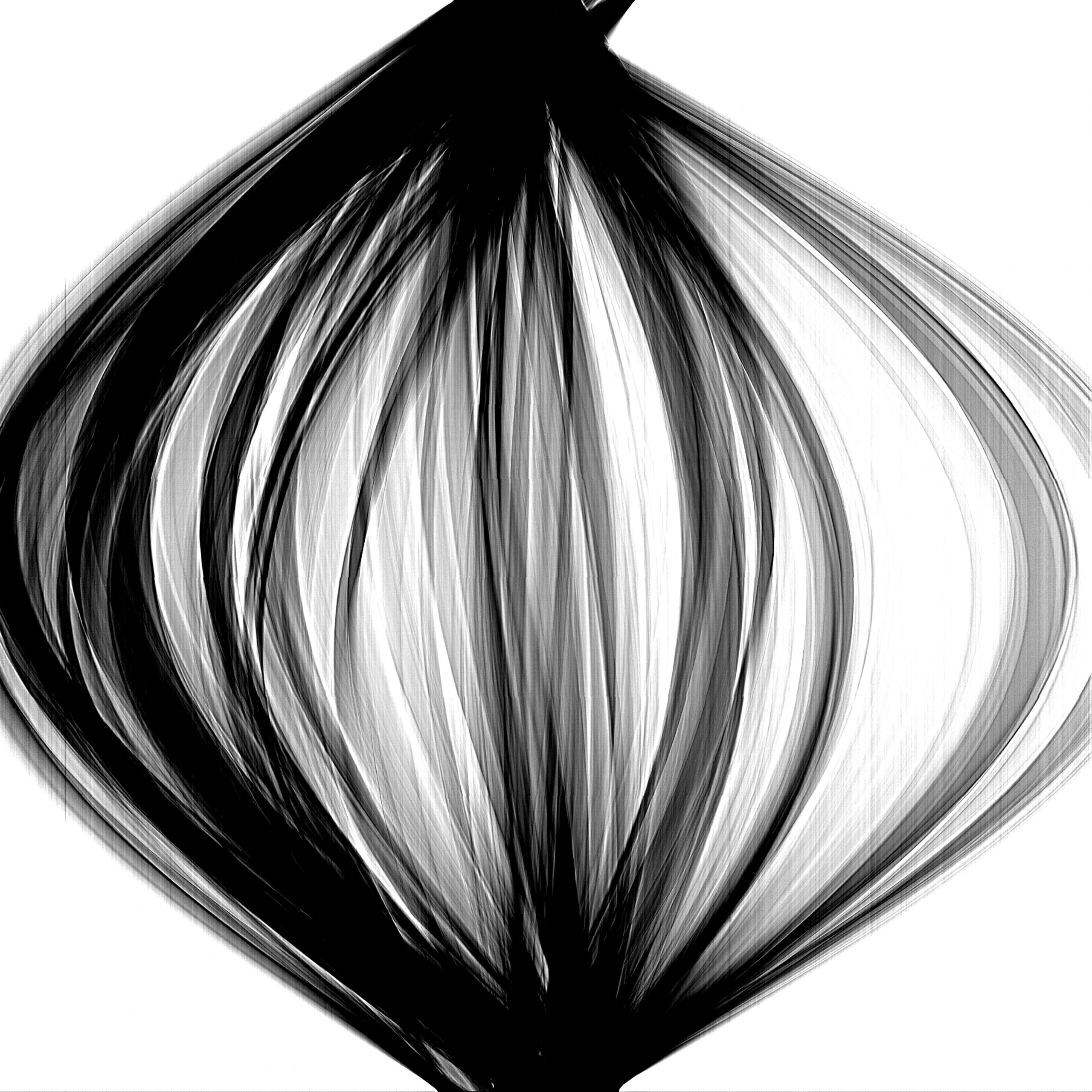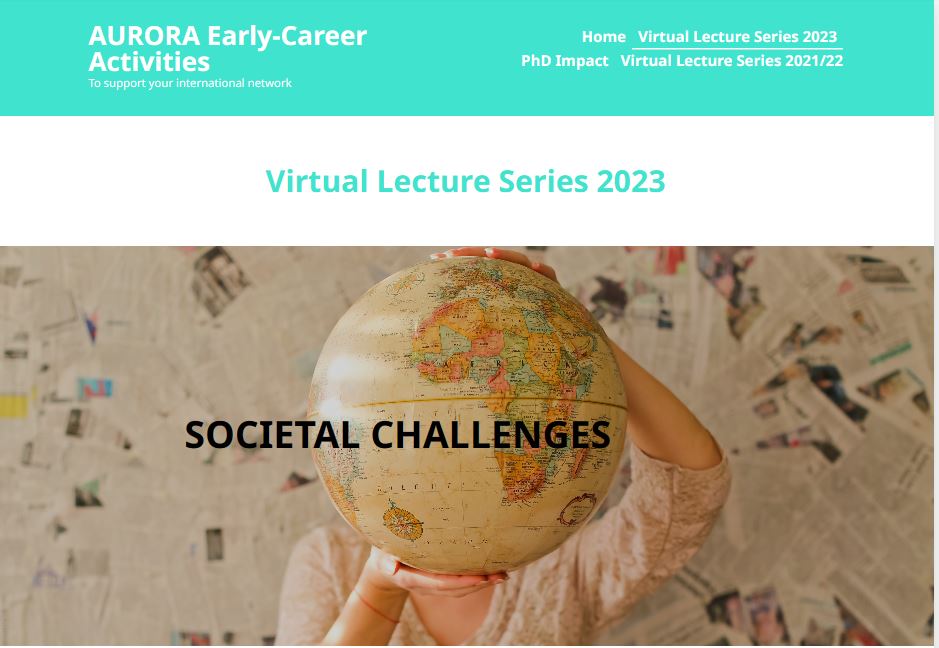
AURORA Societal Challenges Virtual Lecture Series

AURORA Societal Challenges Virtual Lecture Series.
- Attend dynamic online talks on crucial contemporary issues by distinguished scholars from the Aurora partner universities.
- Meet the speakers and your fellow PhD students and postdoctoral researchers in post-talk virtual mixers.
- Expand your network and perhaps even start new collaborations in your research field!
Our next talk: Complex systems approaches to social sciences illustrated with an analysis of judicial decisions, by Marta Sales Pardo & Lluc Font Pomarol (University of Rovira i Virgili). 7 March 2023, 14:00-15:30 CET | Zoom
Please Register here
Many different systems present properties that emerge as the result of the interactions and dependencies of the elements that compose them. The mind, for instance, cannot be comprehended by solely understanding how each single neuron works, but rather understanding the pattern of connections between them. These systems, called complex systems, appear in a wide variety of domains that include physics, sociology or ecology, for instance. In the scope of social sciences, complex science has aided us to understand how humans inter-relate, cooperate or compete, and how they engage in complex organizations.
Here we present an application of complex social science to study the functioning of the judicial system, illustrated with a case study in the field of housing issues in Spain. Since laws and legal decision-making regulate how societies function, they evolve and adapt to new social paradigms and reflect changes in culture and social norms, and are a good proxy for the evolution of socially sensitive issues. We propose a methodology based on information theory that tracks trends and shifts in the evolution of large corpora of judicial decisions, and thus detects periods in which disruptive topics arise. Analyzing 100,000, we identify an abrupt change in housing-related decisions around 2016. Because our information-theoretic approach pinpoints the specific content that drives change, we also interpret the results in terms of the role played by legislative changes, landmark decisions, and the influence of social movements.
Marta Sales-Pardo obtained a PhD in Physics from Universitat de Barcelona. She did her postdoctoral work at Northwestern University, where she was the recipient of a Fulbright Scholarship and later she became a Research Assistant Professor at the Northwestern University Clinical and Translational Science Institute with joint appointments in the Department of Chemical and Biological Engineering and the Northwestern Institute on Complex Systems. In 2009 she moved to Universitat Rovira i Virgili where she is now a Professor in the Department of Chemical Engineering. In 2013 and 2021 she received an ICREA Acadèmia Award for her excellence in research. From 2019 until 2021 she was a member of the Advisory Board of the McDonnell Foundation. Since 2021 she has been a Fellow of the Network Science Society. Since July 2022 she has served as president of the Catalan Complex Systems Society.
http://seeslab.info/researchers/sales-pardo/
Lluc Font Pomarol was born in Barcelona in 1994. In 2017, he graduated in Physics at the Universitat de Barcelona. In 2018, he obtained a master’s degree in Modelling for Science and Engineering at the Universitat Autònoma de Barcelona. During his master’s thesis, he worked on modelling railway networks under the supervision of Prof. Albert Díaz-Guilera and Dr. Luce Prignano. Since 2019 he is a PhD candidate in Universitat Rovira i Virgili in Tarragona, under the supervision of Marta Sales-Pardo, Roger Guimerà and Sergio Nasarre-Aznar. In his PhD thesis, he has been studying the judicial system from a data science perspective.
Please check out our program and register at AURORA Societal Challenges Virtual Lecture Series
For all Aurora Early Career Activities please visit AURORA Early-Career Activities – To support your international network











